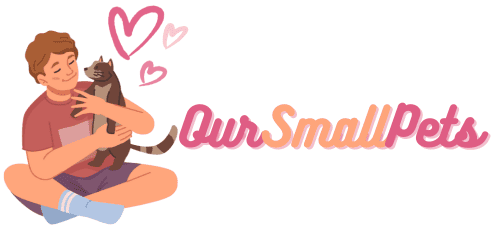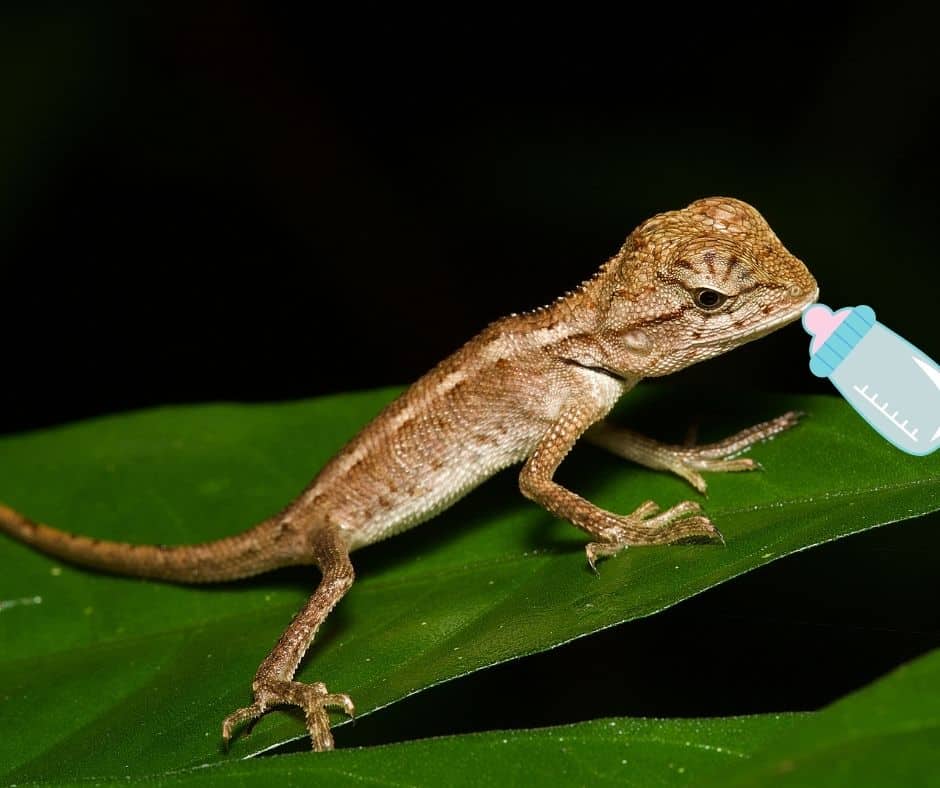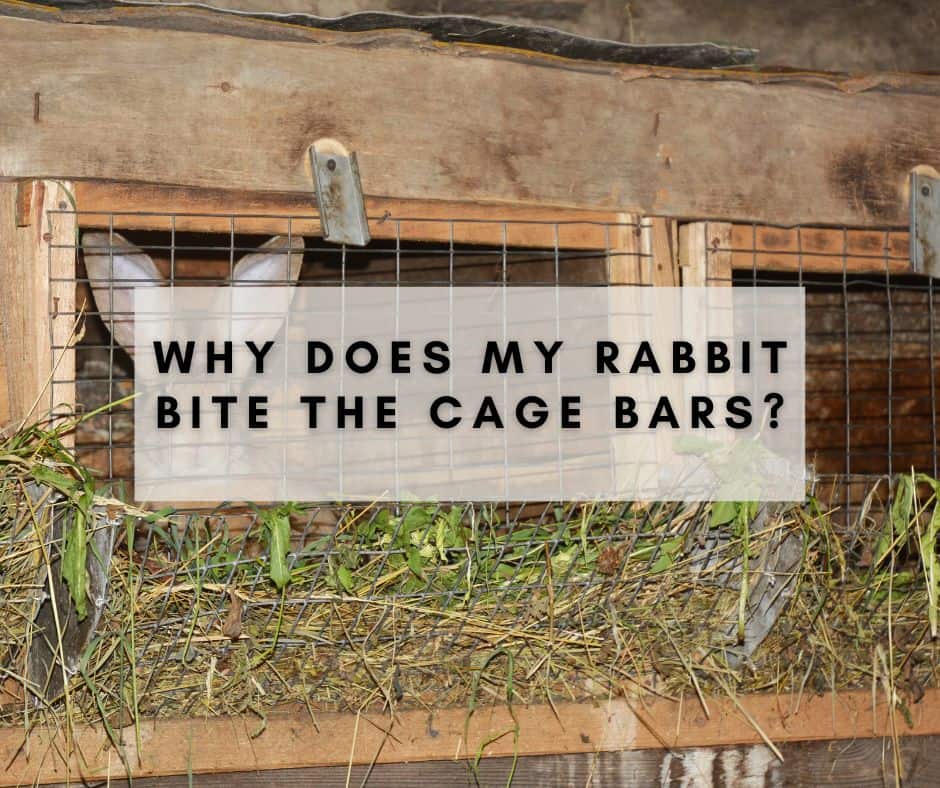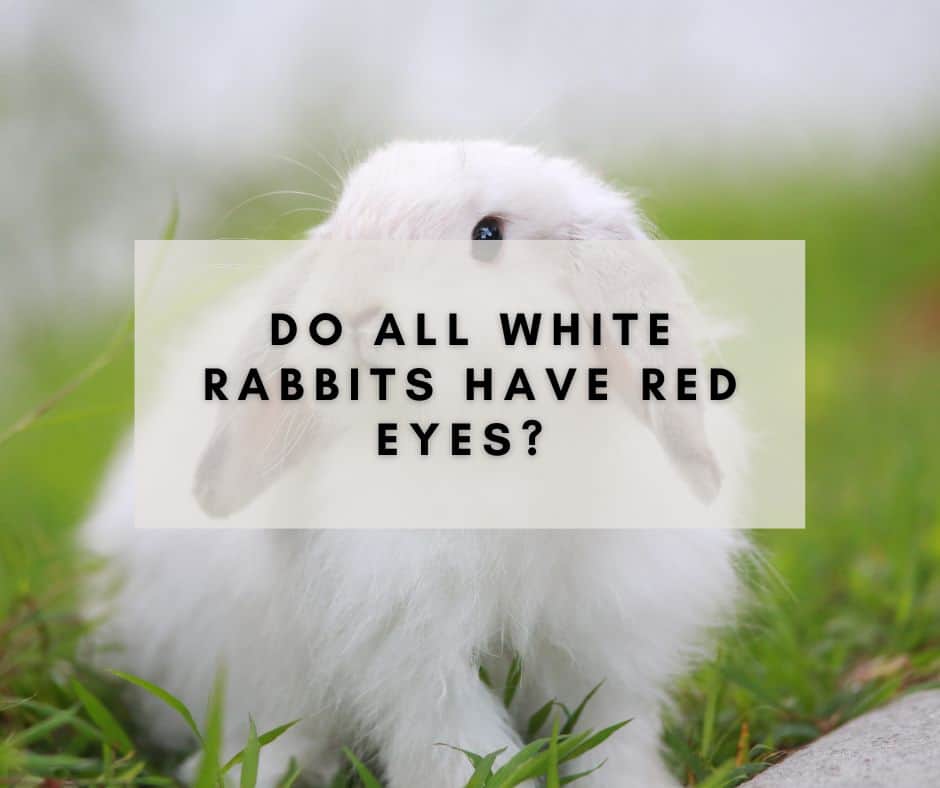Figuring out what baby lizards eat is very important if you want to buy such a pet. The most important thing about getting a baby lizard pet is that it’s very easy to care for, although there are specific requirements to keep in mind. Baby lizards eat the same thing as adult lizards, there’s no dedicated food for them. However, the portions need to be a lot smaller. Here you have a list of the baby lizard foods you can prepare right away.
Contents
Are Baby Lizards Eating Smaller Prey?
Yes, they will mostly eat crickets, and based on their age, the cricket size can vary quite a bit. The more they grow, the larger the crickets can be. But at first, those crickets can be very challenging to eat for a smaller lizard. This is why you want to study the situation and go to the pet store that has crickets sorted by size. It will offer a good idea of what can be expected, and in the end, you will find it easy to figure out which is the ideal size. You can start with the smallest ones and slowly increase the cricket size as your baby lizard gets older.
However, not all baby lizards will eat meat. Some lizards are herbivores, and if the adults eat plants, then the baby lizard will eat plants as well. One thing to note here is that the baby lizard has pretty much all the digestive tools needed to eat any adult diet. They can even handle live prey if they are omnivorous.
Handling live prey is great for them from a nutritional standpoint. It can also provide great mental stimulation, which is something to keep in mind. In case you feed your baby lizard live prey, then make sure that you remove any excess/uneaten prey after 20 minutes. You want to do that because it will help prevent any unwanted chewing problems. Plus, this can soil the cage too, so it makes sense to clean it as quickly as possible to prevent any issues that might arise.
What Will Insectivore Baby Lizards Eat?
When you learn what baby lizards eat, you do need to understand what type of lizard you are dealing with. Some of them are insectivores, so in that situation, you want to offer them all kinds of insects and invertebrates. Roaches and crickets are the best options here, and as we mentioned earlier portioning is extremely important.
Important to note, that if the food you’ve fed is uneaten after about 20 minutes, you can remove the food. You do not want to overfeed your baby lizard.
| Type of food | Frequency |
|---|---|
| Pinhead crickets (alive preferably) | Small portions, 2-3 times a day |
| Bottle fly spikes (alive preferably) | Small portions, 2-3 times a day |
| Fruit flies (alive preferably) | Small portions, 2-3 times a day |
| shrimp (tiny bits!) | Small portions, 2-3 times a day |
| Eggs | Small portions, 2-3 times a day |
Carnivorous lizards eat larger insects or even smaller animals or rodents, especially if it’s a large lizard. On top of that, lizards are hunters, and that means they will follow their prey for quite a bit. Of course, you can still offer it by yourself on a platter for your pet. But you can also provide live prey as it will also stimulate your lizards as well. As we mentioned earlier, this is still great for a baby lizard, as it helps their overall development.
However, the question what do baby lizards eat? This type of question doesn’t have a concrete answer since it depends on the species and their nutritional needs. For example, leopard geckos are insectivorous and thrive on variety, while bearded dragons are omnivorous and can be fed pinky mice or, in some cases, small insects
If Your Baby Lizard Is an Herbivore, What Food Should You Prepare for Them?
There are many different herbivore lizards, and that means you need to plan their diet wisely based on their size. With that in mind, herbivore baby lizards do tend to eat things like apples, carrots, greens, and many others. They will also eat plants that are native to where they would live in the wild. You need to realize the fact that herbivore lizards need a vast range of different plants. Without proper plant variety, they can develop all kinds of nutritional deficiencies. Not only are those bad for your pet, but in the end, they can lead to a vast array of problems.
In fact, a varied diet is recommended for all baby lizards. Even if they are herbivores, carnivores,s or insectivores, you can’t just feed them the same thing every day. A varied diet offers all the nutrients and compounds needed to survive. You can’t survive on the same food every day, and the same thing can be said about baby lizards.
How Should I Feed My Baby Lizard?
You can’t just put a bowl with food in front of your pet every day and leave it at that. You will actually have to interact with them because pet lizards are social creatures. The more you engage with your pet, the more it will develop a bond with you. And that is very important because pet lizards are loyal to their owners. You have to interact with them on a daily basis if you want to get something in return for your commitment.
With all that being said, you should feed your pet lizard by offering it smaller portions throughout the day. However, you should also allow them to eat as much as they can in one serving. The best option for feeding baby lizards is to place the food items in front of them and leave them there for 15 to 20 minutes at most. You can then remove anything they didn’t eat so you can offer it again later.
You also need to keep in mind the fact that lizards and baby lizards are more active during the day, so food options should be offered during this time of the day. There is no point in offering food at night when they are probably not active anyway!
Meal Planning Ideas for Baby Lizards?
When you own a baby lizard, it’s a very good idea to focus on meal planning. For herbivores, you want a lot of greens, as they have great nutritional benefits. With that being said, spinach, romaine, collard greens, kale, green lettuce, squash, frozen mix veggies, and many others can be incredible choices and one to keep in mind.
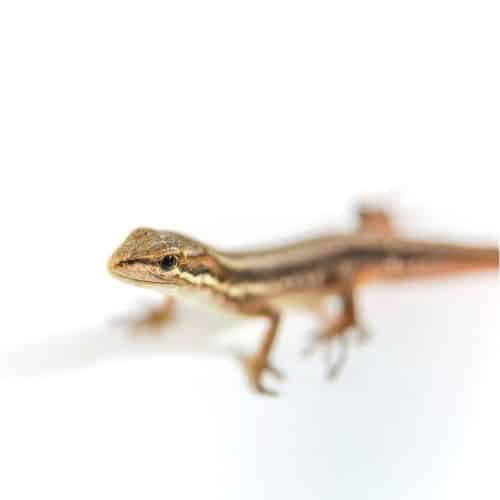
Can you feed some fruit to your baby lizard? Absolutely, fruits like kiwi, plums, apples, strawberries, blueberries, grapes, and other similar ones can be a very good pick. They are healthy for your lizard, not to mention they bring their own set of nutrients, vitamins, and health benefits.
Regardless of what fruits or veggies you offer to your pet, you should always wash them and rinse them properly before serving them to your lizard. Why is that? Those plants can have all kinds of bacteria and unwanted compounds on them. That can be a major problem since not all baby lizards are ready to fight against bacteria and potential infection. Dealing with that quickly is extremely important, and it can make a huge difference.
We recommend you talk with your vet before buying a pet lizard or as soon as you get one. This will offer a good insight into what you can expect, the costs you will be dealing with, and a variety of other factors. Once you know all these things, it will be easy to pick your pet lizard’s food properly.
Conclusion
Identifying what baby lizards eat is a very good idea if you want to buy such a pet. It will take a bit of a trial and error to figure out the right diet, but getting assistance from your vet or another lizard owner does help quite a bit. It’s important to focus on meal prep for your pet, as this will help you feed your pet properly and keep him healthy in the long run!
On the last note. If you want your daily dose of pure cuteness, check this video below out of a jungle leopard hatching!
